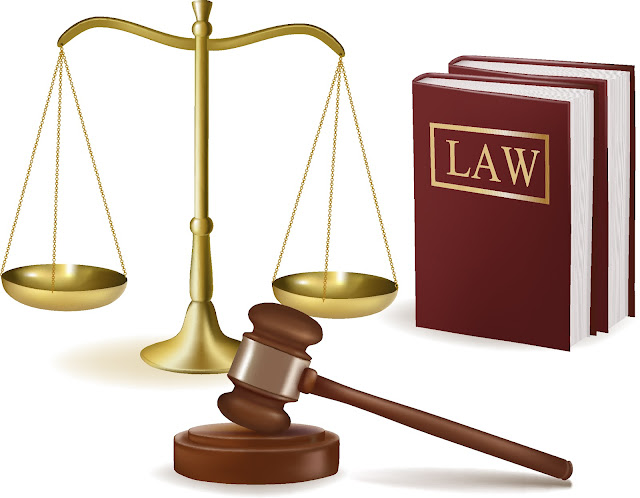.jpeg)
Law and order are two concepts that are closely related and essential for maintaining a peaceful and just society. Law refers to a system of rules and regulations that are created and enforced by a government or other authority to regulate human behavior and interactions. Order refers to the state of being free from disruption, chaos, or confusion, where individuals can enjoy their rights and freedoms without fear of harm or interference.
In order to maintain law and order, a government typically establishes law enforcement agencies, courts, and other institutions that work together to uphold the law and ensure that individuals are held accountable for their actions. Law enforcement agencies, such as the police, are responsible for enforcing the law by investigating crimes, apprehending suspects, and bringing them before the courts to face justice.
Courts are responsible for interpreting the law and ensuring that justice is served. They hear cases and make judgments based on the evidence presented to them, and impose sentences on those found guilty of committing crimes. The legal system also provides for appeals, which allow individuals to challenge the decisions of lower courts and seek a review by a higher court.
Maintaining law and order is essential for the well-being of individuals and the community as a whole. Without law and order, society would descend into chaos and violence, with individuals free to engage in harmful or criminal behavior without fear of consequences. A strong legal system helps to deter crime, protect the rights of individuals, and promote fairness and equality.
However, it is important to note that the establishment and enforcement of laws and the maintenance of order must be done in a just and equitable manner. It is important to ensure that laws are not used to oppress or discriminate against certain groups of people, and that law enforcement agencies do not abuse their power or engage in excessive use of force. In order to maintain a just and equitable society, it is important to continually evaluate and improve the legal system, and ensure that it serves the needs and interests of all individuals.
Here are five questions to discuss about law and order:
In order to maintain law and order, a government typically establishes law enforcement agencies, courts, and other institutions that work together to uphold the law and ensure that individuals are held accountable for their actions. Law enforcement agencies, such as the police, are responsible for enforcing the law by investigating crimes, apprehending suspects, and bringing them before the courts to face justice.
Courts are responsible for interpreting the law and ensuring that justice is served. They hear cases and make judgments based on the evidence presented to them, and impose sentences on those found guilty of committing crimes. The legal system also provides for appeals, which allow individuals to challenge the decisions of lower courts and seek a review by a higher court.
Maintaining law and order is essential for the well-being of individuals and the community as a whole. Without law and order, society would descend into chaos and violence, with individuals free to engage in harmful or criminal behavior without fear of consequences. A strong legal system helps to deter crime, protect the rights of individuals, and promote fairness and equality.
However, it is important to note that the establishment and enforcement of laws and the maintenance of order must be done in a just and equitable manner. It is important to ensure that laws are not used to oppress or discriminate against certain groups of people, and that law enforcement agencies do not abuse their power or engage in excessive use of force. In order to maintain a just and equitable society, it is important to continually evaluate and improve the legal system, and ensure that it serves the needs and interests of all individuals.
Here are five questions to discuss about law and order:
- Why is it important to have a legal system in place for maintaining law and order?
- What are some of the key institutions and agencies involved in maintaining law and order, and what are their roles?
- How can the legal system be improved to ensure that it is more just and equitable for all individuals?
- What are some of the challenges faced by law enforcement agencies in maintaining law and order, and how can these be addressed?
- How does the concept of law and order relate to broader issues of social justice and human rights?
Post a Comment